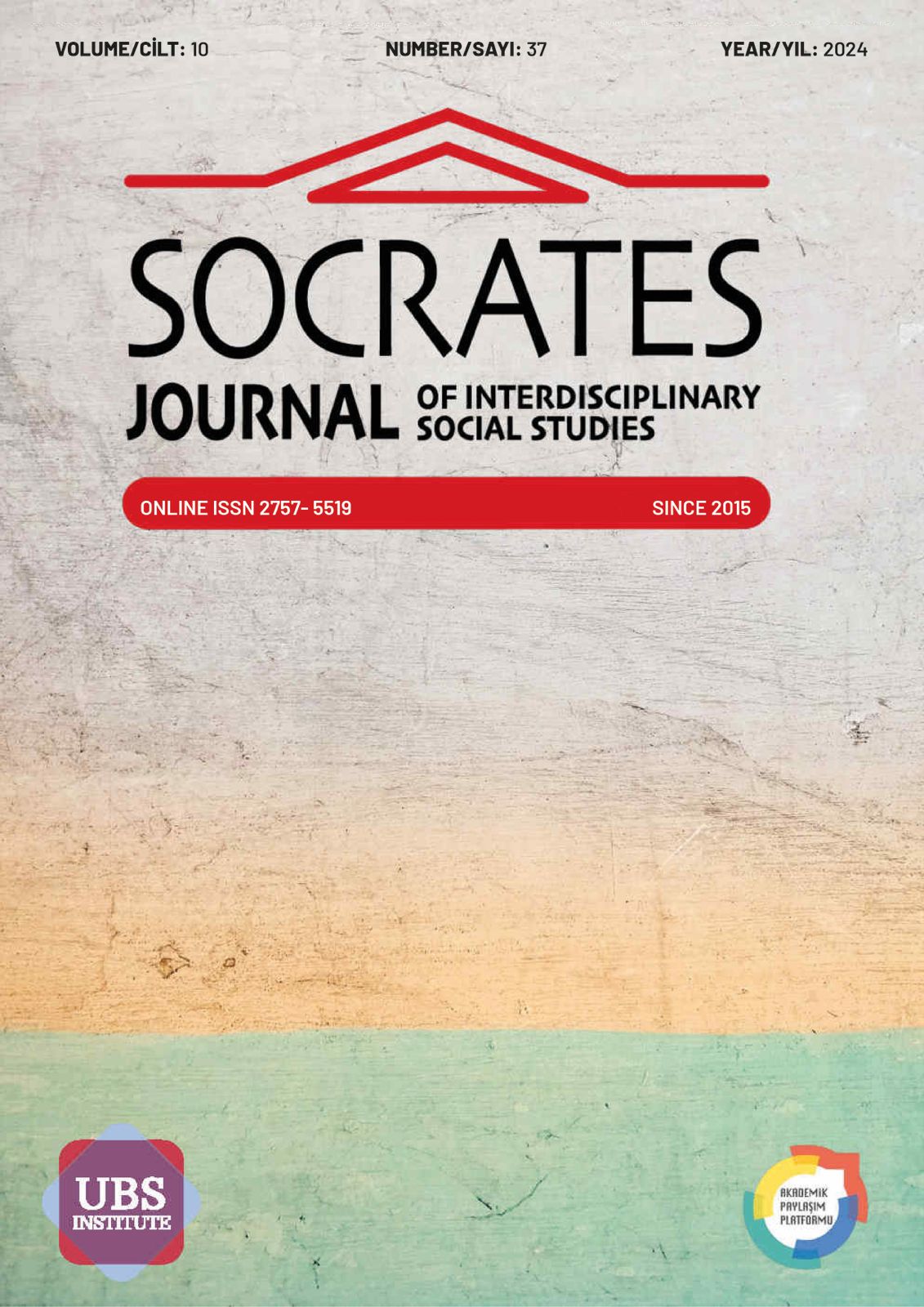AZERBAIJAN WON THE INFORMATION WAR
DOI:
https://doi.org/10.5281/zenodo.10566167Keywords:
İnformation, danger, war, electronics, technologyAbstract
The article first looks at Information Assurance before describing the various forms of Information Assurance such as command and control, intelligence-based, psychological, economic information, electronic, hacking and cyber weapons. In addition, the article outlines the four principles of Information Warfare and examines how weapons can be used to achieve any goal using four key strategies: Denial of Information, Deception and Impersonation, Threat and Destruction, and Subversion. The article shows that it is important to maintain information superiority during information wars. The ability to collect, control and disseminate the constant flow of information regarding this situation is defined as the ability to prevent an attacker from making a similar intervention. It becomes easier to conduct cyber warfare, creating the possibility of uncontrolled placement of negative, anonymous information. The article also emphasizes that the biggest political and military mistakes known in history occurred due to incorrect assessment of the enemy's morale. The morale of enemy troops in any theater of operations can be assessed by conventional statistical calculations and by examining a small sample of prisoners of war. In the absence of prisoners, almost the same conclusions can be reached based on the analysis of information data, propaganda against the enemy's troops and people. This allows you to predict the behavior of enemy troops in a given situation.
References
Alberts, D.S. (1996). Defensive Information Warfare, NDU Press Book.
Deborah, R., & Gangemi, G.T. (1994). Computer Security Basics. O'Reilly & Associates
Haeni, R.E. (1997). Information Warfare – an introduction, January.
Kopp, C. (2000). Information Warfare, https://www.ausairpower.net/OSR-0200.html, 11.01.2024.
Libicki, M. (1995). What is Information Warfare, National Defense University.
Magsig, D.E. (1996). Information Warfare In The Information Age.
The Chairman of the Joint Chiefs of Staff Instruction (CJCSI) Number 3210.01, dated 02 January 1996
US DoD, Joint Pub 3-13 Joint Doctrine for Information Operations, 9 October 1998.
Winn, S. (1994). Information Warfare. Chaos on the electronic superhighway, (Thunder’s mounth press)
Downloads
Published
How to Cite
Issue
Section
License
Copyright (c) 2024 Socrates Journal of Interdisciplinary Social Studies

This work is licensed under a Creative Commons Attribution 4.0 International License.


